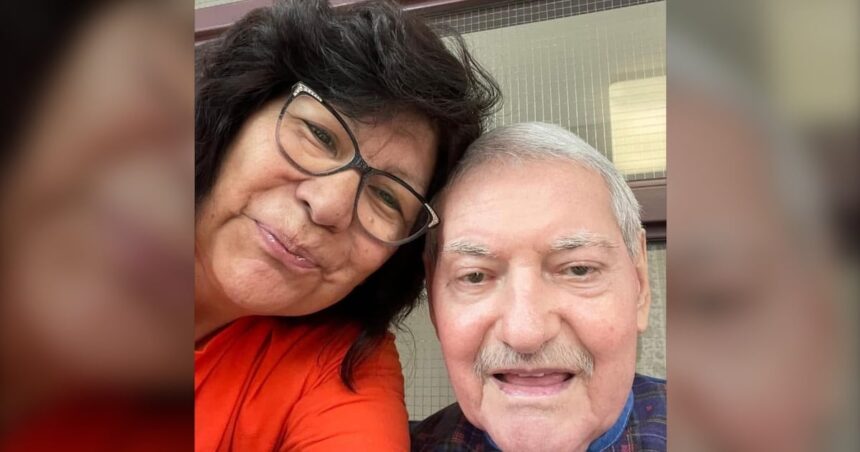In a bureaucratic blunder that reads like a plot from a dark comedy, a British Columbia woman has successfully reclaimed her existence after being erroneously declared dead by government officials. “I am resurrected,” declared Victoria resident Eleanor Hastings, whose three-month battle to prove she was among the living finally concluded this week.
The nightmare began in March when Hastings, 63, attempted to renew her driver’s license only to be informed by a stunned clerk that she couldn’t process the renewal because their system showed she had died in February. “The look on her face was priceless,” Hastings told CO24 News. “She actually asked me if I was sure I wasn’t dead. I assured her I was feeling quite alive.”
What followed was a Kafkaesque journey through government bureaucracy as Hastings discovered her death had been registered with multiple agencies. Her pension payments ceased, her health insurance was terminated, and her bank accounts were frozen pending estate proceedings.
“It’s remarkable how efficiently systems work when they think you’re dead,” Hastings noted with bitter irony. “The same government that takes weeks to process a simple address change managed to inform every relevant department of my ‘death’ within days.”
Investigation revealed the error originated when another Eleanor Hastings—with a different middle name and birth date but living in the same province—had passed away. A data entry error at the vital statistics office had merged their records, effectively killing the wrong woman.
Dr. Marianne Chen, a digital identity expert at the University of British Columbia, says such cases are more common than most realize. “Government databases weren’t designed with the degree of cross-checking that should exist in life-or-death matters,” Chen explained to CO24 Canada. “When systems modernized, many safeguards that existed in paper-based processes were inadvertently eliminated.”
Provincial officials have since issued a formal apology and expedited the restoration of Hastings’ official status among the living. A spokesperson for BC’s Ministry of Citizens’ Services stated that “additional verification protocols” would be implemented to prevent similar incidents.
For Hastings, the ordeal has been both traumatic and enlightening. “Being dead is expensive,” she said, noting the legal fees and countless hours spent providing proof of life to various institutions. She’s considering writing a guidebook for others who might face similar circumstances, tentatively titled “So You’ve Been Declared Dead: A Survivor’s Guide.”
As her financial accounts gradually unfreeze and her various cards and documents are reissued, Hastings reflects on the fragility of our administrative existence. “We think we’re secure in who we are, but apparently, it just takes one wrong keystroke to erase you from society.”
With her resurrection complete, Hastings plans to celebrate with what she calls a “back to life” party next month. Friends have suggested a Halloween theme despite it being July, an idea she embraces with the humor that helped her through the ordeal.
As our digital identities become increasingly central to our existence, one must wonder: how many other Eleanor Hastings are out there, fighting to prove they’re still alive in a system that has already mourned them?










